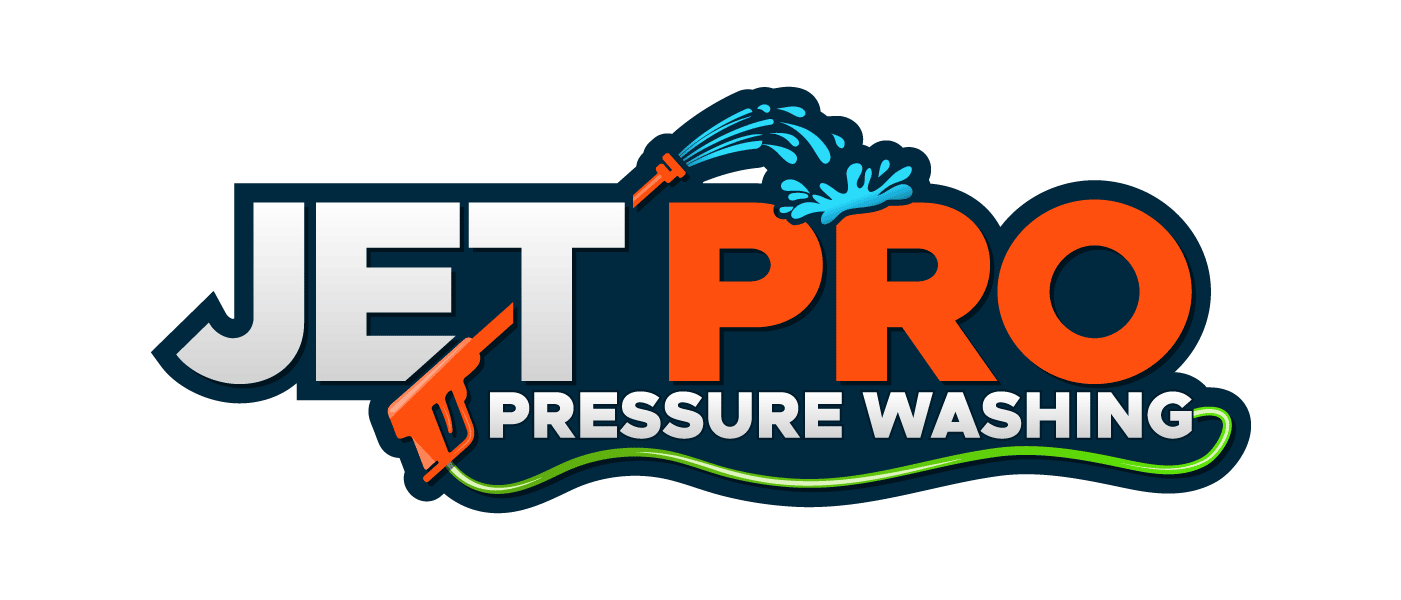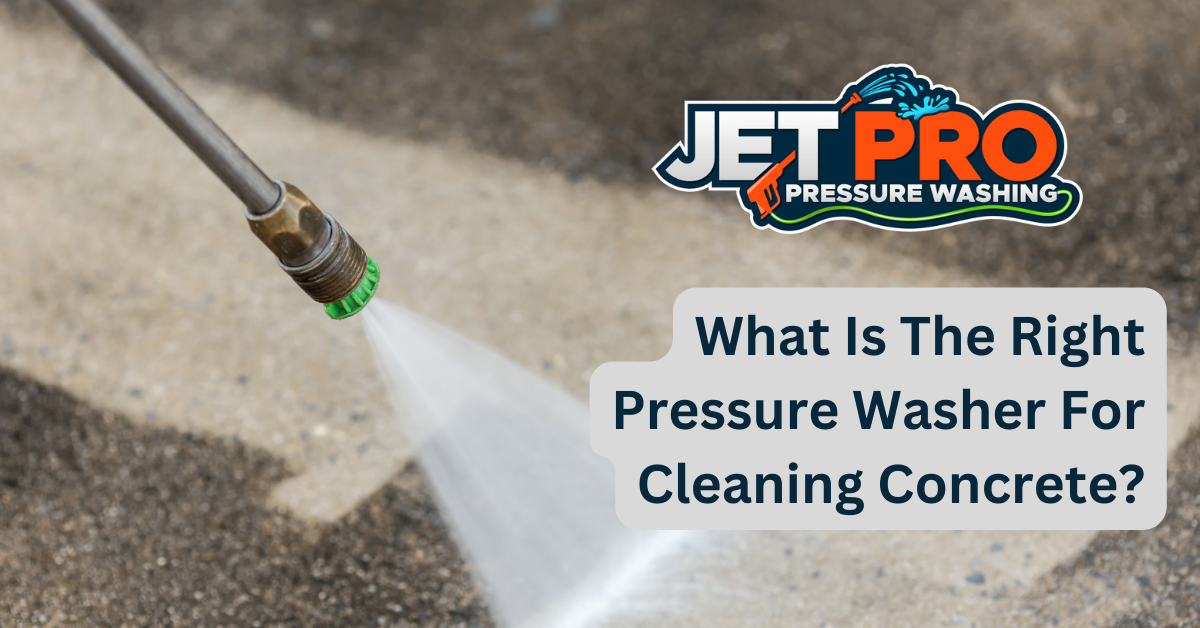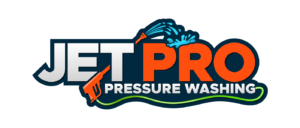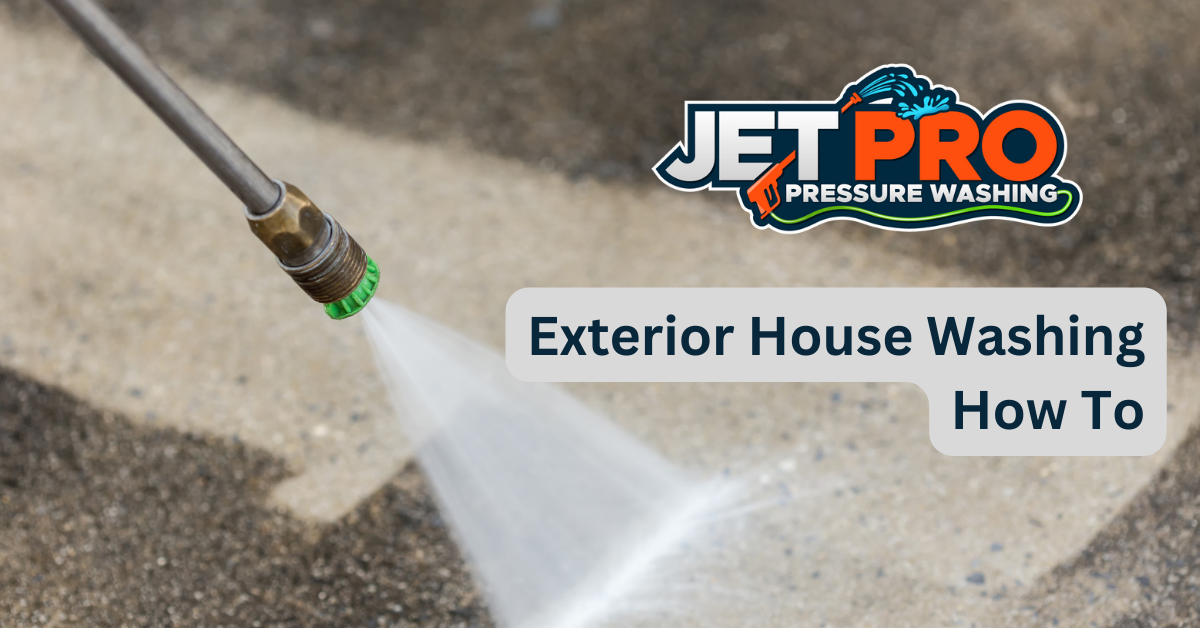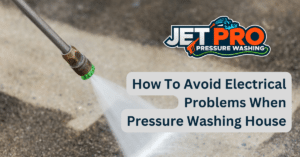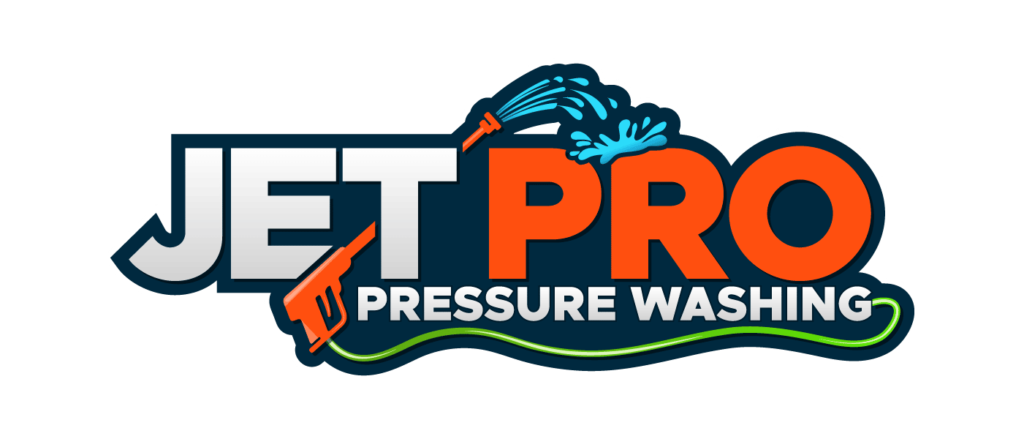If you’re looking for a concrete cleaning service, pressure washers are a great way to efficiently clean your surfaces. Whether you need to remove paint or graffiti or simply clean your driveway or patio, pressure washers can get the job done quickly and effectively. However, it’s important to choose the right pressure washer for your needs. Consider factors such as pressure level, nozzle selection, power source, hose length, and accessory options. By doing your research and carefully considering these factors, you’ll be able to confidently choose the best pressure washer for your concrete cleaning project. Don’t forget that pressure washers can also be used for other cleaning tasks like window cleaning, so make sure to explore all the features and options available.
If you are wondering how many psi is needed for cleaning a concrete driveway or what kind of chemicals to use in a floor cleaning machine on concrete, it is important to do your research before selecting a pressure washer.
Determine the Right Pressure for Your Needs
When selecting a power washer for the purpose of sanitizing a concrete surface, it is important to consider the necessary level of force for the job. The pressure of the water should be powerful enough to remove dirt and debris without damaging the surface. Too much pressure can cause the concrete to crack and chip, while too little pressure can leave dirt and grime on the surface.
The right pressure washer for the job depends on the type of surface being cleaned and the severity of the dirt and debris. For general cleaning of concrete surfaces, a pressure washer with a pressure rating between 1500 and 2000 PSI is typically sufficient.
When using a pressure washer, it is also important to consider the water flow rate. This is the measure of how much water is being dispensed per minute. On average, a pressure washer with a water flow rate of 2.5 gallons per minute is ideal for cleaning concrete surfaces. A higher water flow rate is recommended for more stubborn dirt and debris.
It is also important to select the right nozzle for the job. Nozzles come in a variety of sizes and can be used to adjust the pressure and water flow rate. A nozzle with a wider opening will disperse water at a lower pressure, while a nozzle with a narrower opening will disperse water at a higher pressure. Selecting the right nozzle is essential for achieving the desired results.
Choose the Right Nozzle
Selecting the appropriate nozzle for a pressure washer is akin to choosing a paintbrush for a masterpiece – it can make all the difference. Nozzles are available in various degrees of spray angle, from 0° to 65°.
A 0° nozzle is the most powerful and is designed for cleaning concrete surfaces, as it has a concentrated stream that can cut through the toughest dirt and grime. A wider angle nozzle, such as the 25°, is better for use on less-dense surfaces, such as walls, where a more dispersed spray can provide better coverage. When cleaning concrete surfaces, it is important to avoid nozzles with a wider angle than 25° as this can cause the dirt and grime to be spread across the surface instead of being removed.
The pressure of the nozzle also needs to be considered when selecting the right nozzle for cleaning concrete. Pressure washers are available in various pressure ranges, from 1,000 to 4,000 PSI. For concrete surfaces, a pressure of 2,500 to 3,000 PSI is usually recommended, as this is enough to remove most dirt and grime without damaging the surface. When using higher pressure, it is important to ensure that the nozzle is far enough away from the surface to prevent any damage to the concrete.
When selecting a nozzle for cleaning concrete, it is important to consider both the angle and the pressure. A 0° nozzle with a pressure of 2,500 to 3,000 PSI is usually the best choice, as it is powerful enough to remove the toughest dirt and grime without damaging the surface. It is also important to keep the nozzle at a safe distance, as higher pressure can cause damage to the concrete.
By carefully selecting the right nozzle for the job, the user can ensure that the concrete is thoroughly cleaned without any damage.
Consider the Pressure Washer’s Power Source
The power source of the pressure washer can have a significant impact on the effectiveness of cleaning concrete surfaces.
Generally, pressure washers are powered by either electricity or gas.
Electric pressure washers are typically more affordable and easier to use.
They are also lightweight and require less maintenance than gas-powered models and are generally considered to be more user-friendly.
However, electric models usually lack the power to effectively clean hard surfaces like concrete.
Gas-powered pressure washers offer more power and are ideal for tackling tough cleaning jobs, such as concrete.
They are usually more expensive than electric models, but they are also more powerful and require more maintenance.
They also tend to be heavier and louder than electric models.
Additionally, gas-powered models produce more emissions, so they may not be suitable for use in some areas.
When selecting a pressure washer for cleaning concrete surfaces, it is important to consider the power source.
Electric models are more affordable and easier to use, but gas-powered models are more powerful and provide better results.
It is important to also consider the weight, noise, and emissions of the pressure washer prior to making a purchase.
Select the Right Hose Length
Taking into consideration the optimal hose length is essential to achieving successful results when utilizing a pressure washer for the purpose of cleaning concrete surfaces, as the old adage goes: ‘measure twice, cut once’.
The length of the hose should ideally be proportionate to the size of the area to be cleaned and the pressure washer’s power output. It is important to consider the length of the hose to determine if it is capable of reaching the necessary distance, as pressure washers with shorter hoses may have difficulty reaching remote areas. Furthermore, the hose should be of sufficient length to avoid having to move the pressure washer during the cleaning process.
When selecting the correct hose length, it is important to consider the pressure washer’s power output. For example, a pressure washer with a high power output of 2,700 PSI would require a longer hose than one with a lower power output of 2,000 PSI. Generally speaking, the higher the power output, the longer the hose should be. Additionally, the hose should be rated for the maximum pressure output of the pressure washer to ensure it is appropriate for the job.
It is also important to consider the type of hose when selecting the right hose length, as some hoses are better suited for specific types of cleaning. For example, rubber hoses are more durable than plastic hoses and are better suited for areas that are exposed to extreme temperatures, such as outdoors. In contrast, plastic hoses are less expensive and lighter, making them well-suited for indoor applications. In addition, hoses with a higher diameter will create a larger water flow and are better suited for larger cleaning jobs.
Therefore, when selecting the right hose length for cleaning concrete surfaces, it is important to consider the power output of the pressure washer, the size of the area to be cleaned, and the type of hose being used. By taking all of these factors into consideration, it is possible to select the correct hose length to achieve successful results when utilizing a pressure washer.
Look for High-Quality Accessories
When it comes to pressure washing concrete surfaces, it is important to look for high-quality accessories to ensure optimal results. Pressure washers should come with a variety of accessories that are designed to work specifically with concrete surfaces. These accessories may include brushes, nozzles, and special cleaners.
Brushes are excellent for cleaning areas that are difficult to reach, while nozzles can be used to reach narrow areas or to apply low-pressure cleaning solutions. Special cleaners are available to remove tough stains and dirt that may have built up over time. It is important to choose the right combination of accessories to ensure a thorough cleaning of the concrete surfaces.
The type of pressure washer and the accessories used must be chosen based on the size and type of surface being cleaned. For example, a large concrete surface may require a high-pressure washer and a variety of brushes and nozzles. For a small surface, a low-pressure washer may be sufficient. In addition, it is important to consider the type of material being used for the surface. For instance, a concrete surface that is painted may require a softer brush or a special cleaning solution.
In addition to the pressure washer and accessories, it is also important to consider the maintenance and safety features of the washer. The washer should be able to handle the load of the job and should be easy to use. It should also have a safety shut-off switch in case of an emergency. Finally, it is important to follow the manufacturer’s instructions when using the washer to ensure the best results and to protect the surface from damage.
Frequently Asked Questions
Where can I buy a pressure washer?
Finding the right pressure washer for your concrete cleaning needs can be a daunting task. Perfectly suited for the powerful job of cleaning concrete, pressure washers can be easily purchased from a wide range of hardware stores, large retailers, and home improvement stores.
Whether you’re looking for a gas-powered or electric pressure washer, these stores offer a wide selection of models with varying levels of power, features, and price points to fit most budgets.
With the right research and knowledge, you can find the perfect pressure washer for your cleaning needs.
How often should I clean my concrete?
Cleaning concrete surfaces should be done on a regular basis to maintain its optimal condition. Depending on the type of concrete, the environment, and what it is used for, the frequency of cleaning can vary.
Typically, high-traffic concrete surfaces, such as driveways and sidewalks, should be cleaned at least twice a year. Areas subject to environmental elements, such as rain, should be cleaned more frequently. On the other hand, areas that are not frequently used may only require cleaning once a year.
To achieve the best results, it is recommended to use a pressure washer and the appropriate cleaning solution for the concrete surface.
How much does a pressure washer cost?
Pressure washers are an effective tool for cleaning concrete, but it is important to consider the cost before committing to a purchase.
The cost of a pressure washer can vary widely depending on the power of the motor, the features, and the accessories included.
For a basic power washer, you can expect to pay anywhere from $90 to $400.
For a more powerful model with additional features, such as high-pressure nozzles and adjustable water pressure, you can expect to pay up to $1,000.
Are pressure washers safe to use?
The use of pressure washers is generally considered to be safe, as long as the user follows the manufacturer’s instructions and safety guidelines.
Pressure washers use a high-pressure stream of water to quickly and effectively remove dirt, grime, and other debris from hard surfaces.
To ensure the safety of the user, it is important to wear protective gear, such as gloves and eyewear, and to keep the pressure washer at least three feet away from the user at all times.
Additionally, pressure washers should be used with caution on surfaces such as wood, as the high-pressure stream of water can cause the wood to warp or splinter.
Can I use a pressure washer to clean my car?
Using the pressure washer to clean a car can be compared to a painter cleaning their brushes. While the pressure washer must be used with caution, it can be an effective tool for removing dirt and grime from a car’s exterior.
Pressure washers are great for cleaning large surfaces such as cars due to the increased power of the water pressure. When using a pressure washer to clean a car, it is important to adjust the settings to the lowest pressure possible, as well as use a wide-angle spray tip to reduce the risk of damage to the car’s paint.
Additionally, it is important to keep the pressure washer moving and never leave it in one place for too long. Taking these steps can help ensure that a pressure washer is used safely and effectively to clean a car.
Conclusion
The right pressure washer for cleaning concrete can be determined by considering the necessary pressure, the appropriate nozzle, the power source, and the hose length. By selecting one with the correct pressure and nozzle, the user will have the best chance of achieving a satisfactory clean.
Furthermore, selecting a pressure washer with the appropriate power source and hose length will ensure the job is done efficiently. Ultimately, the user should prioritize high-quality accessories that will help maintain the pressure washer’s performance over time.
Symbolic of a bright, new start, the right pressure washer can help create a space where beauty and cleanliness abound.
